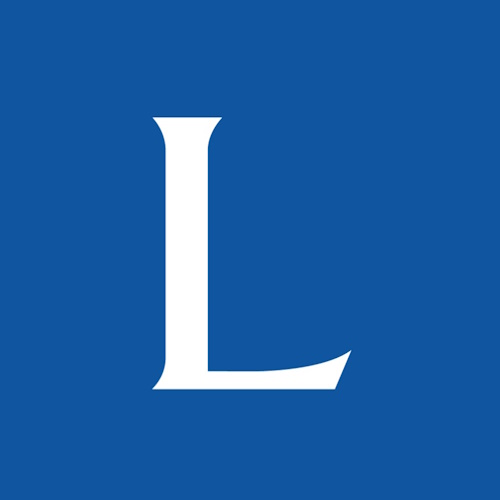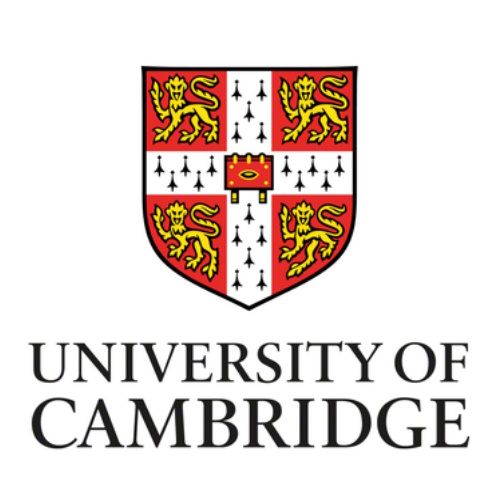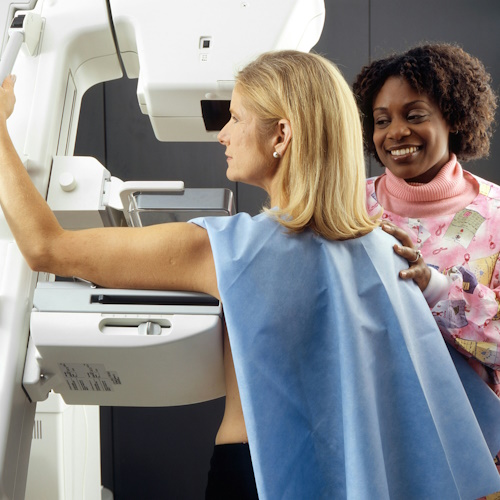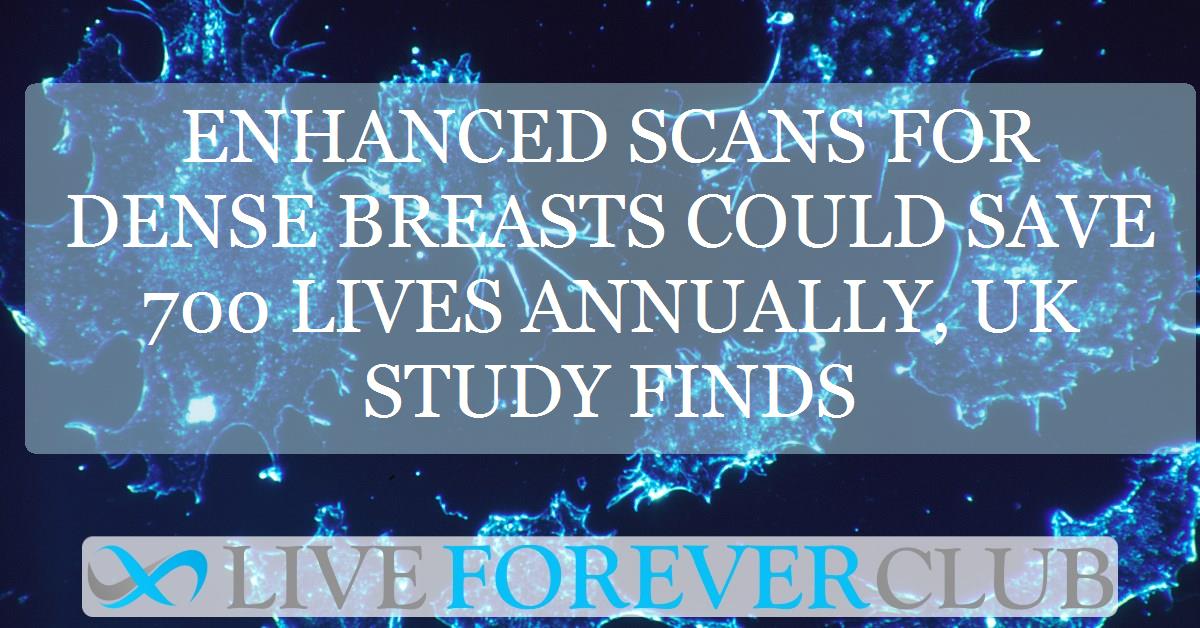Key points from article :
A major UK study led by Professor Fiona Gilbert from the University of Cambridge and published in The Lancet has found that offering extra scans to women with very dense breasts could detect thousands of additional cancer cases each year and potentially save 700 lives annually.
Routine mammograms are less effective in dense breast tissue, which can obscure tumours on X-rays. Around 10% of women have this type of breast tissue. The study involved 9,361 women with dense breasts and trialled additional imaging methods after a negative mammogram. It found 85 extra cancers using techniques such as contrast-enhanced mammography (CEM) and abbreviated MRI (Ab-MRI), which proved far more effective than automated breast ultrasound (Abus).
CEM detected 19 cancers per 1,000 women, Ab-MRI found 17, and Abus just four—compared to eight cancers per 1,000 with mammography alone. The researchers estimate that adding enhanced scans could detect 3,500 more cancers per year in the UK. With early diagnosis improving survival, this could mean around 700 extra lives saved.
While the results are promising, experts stress that more research is needed to assess the cost-effectiveness and risk of overdiagnosis. The UK National Screening Committee is currently reviewing the findings to determine whether additional scans should be offered routinely.








